Tag: Authoritarianism

The Brain on Authoritarianism
The Horizons Project and Beyond Conflict partnered to create this video on 'The Brain on Authoritarianism' to support broad-based "united front" organizing in response to the rising authoritarian threat in...
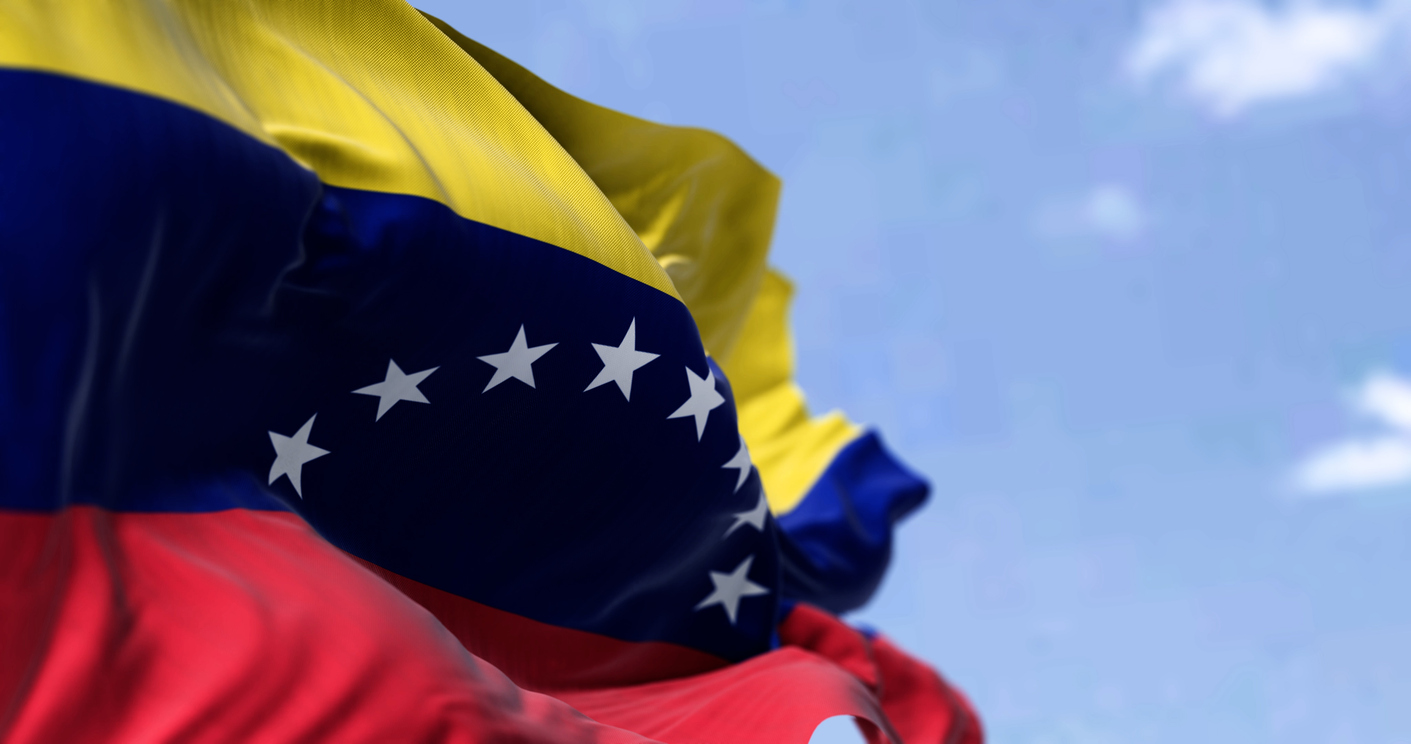
Venezuelan Military Officers Refuse Honors from a Dictator
Time Period: June 2000Location: VenezuelaMain Actors: Venezuelan Military OfficersTactics - Selective social boycott Venezuela began a long, sad road towards authoritarianism and economic crisis during Hugo Chávez’s presidency (1999-2013). The...
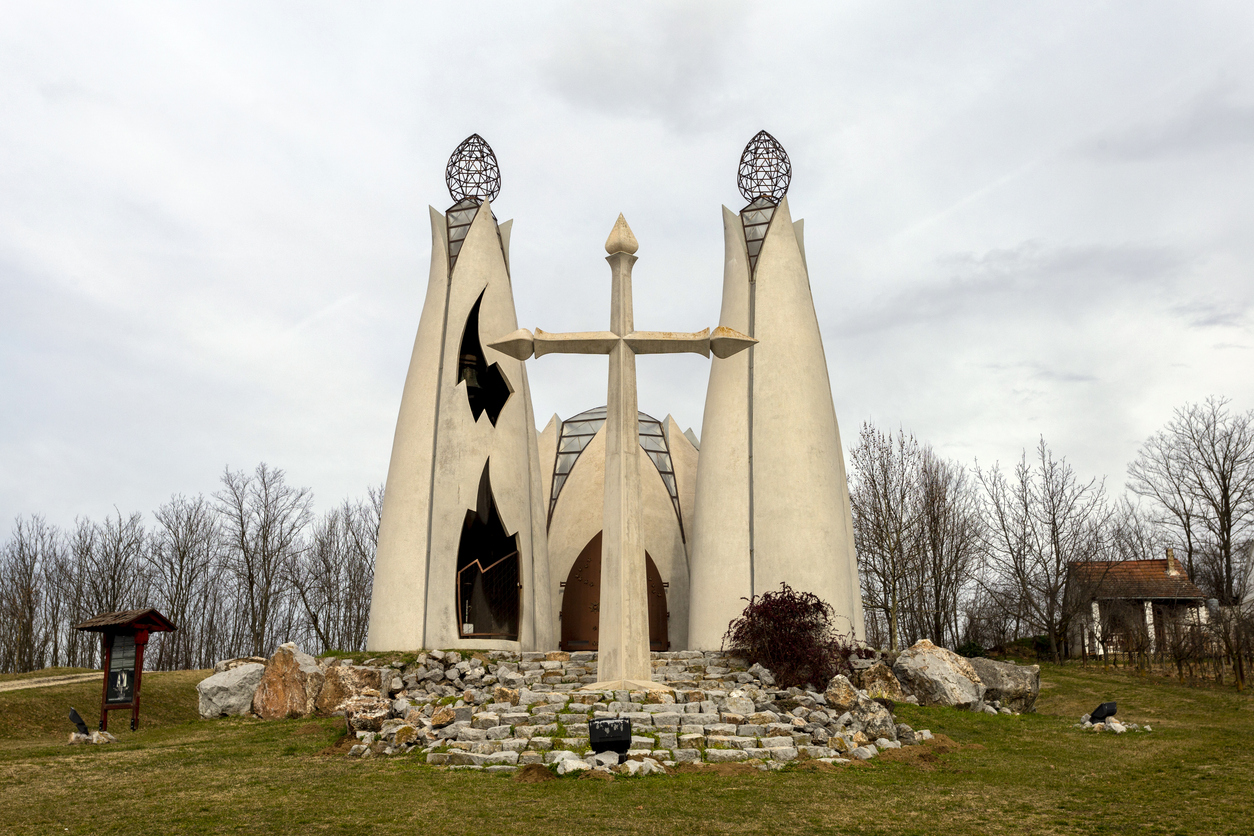
Hungarian Evangelicals Resist Democratic Backsliding
Time Period: 2010-2019Location: Budapest, HungaryMain Actors: Hungarian Evangelical Fellowship (HEF), Pastor Gábor Iványi.Tactics - Declarations by organizations and institutions - Selective social boycott - Protective presence - Signed public statements...
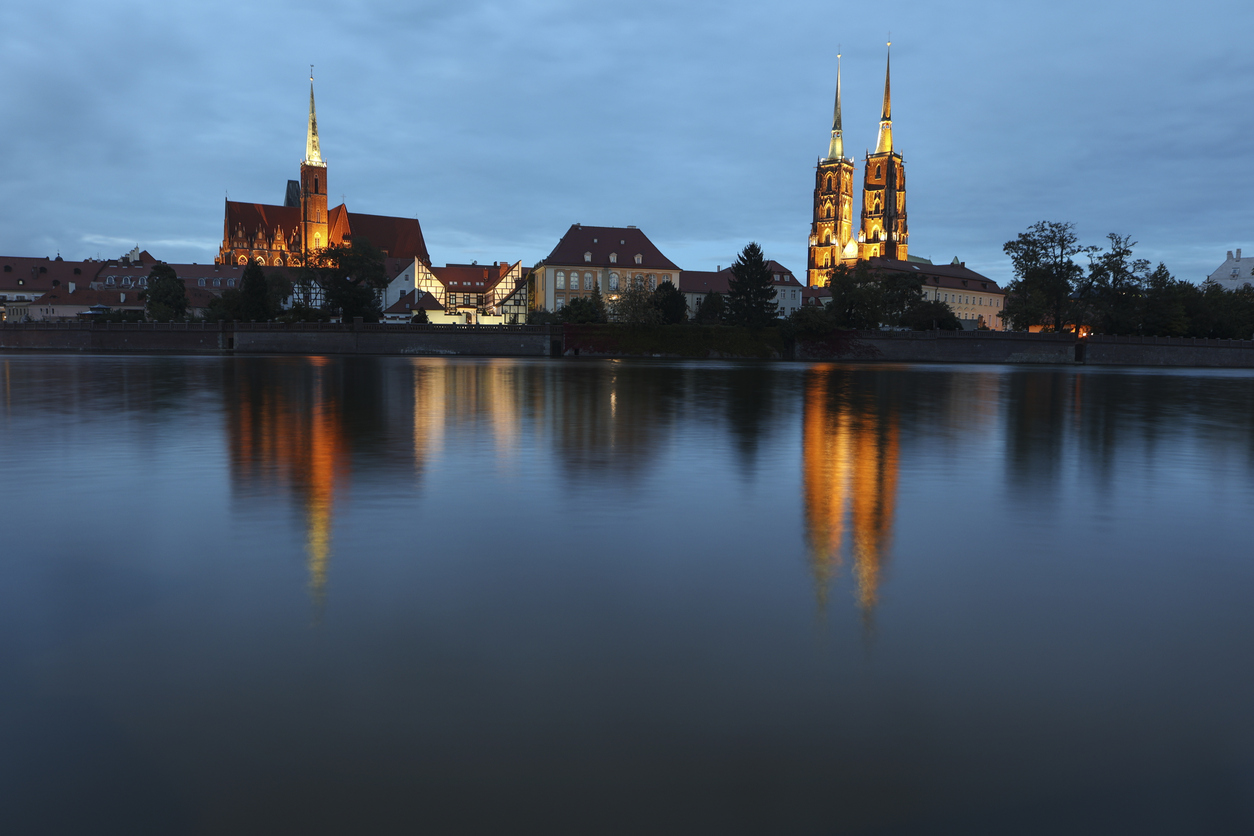
Polish Bishops Refuse to Support Authoritarianism
Time Period: 2016-2023Location: Poland, especially WarsawMain Actors: Polish Episcopal ConferenceTactics - Declarations by organizations and institutions - Public speeches - Boycotts of social affairs Poland became less free and democratic...
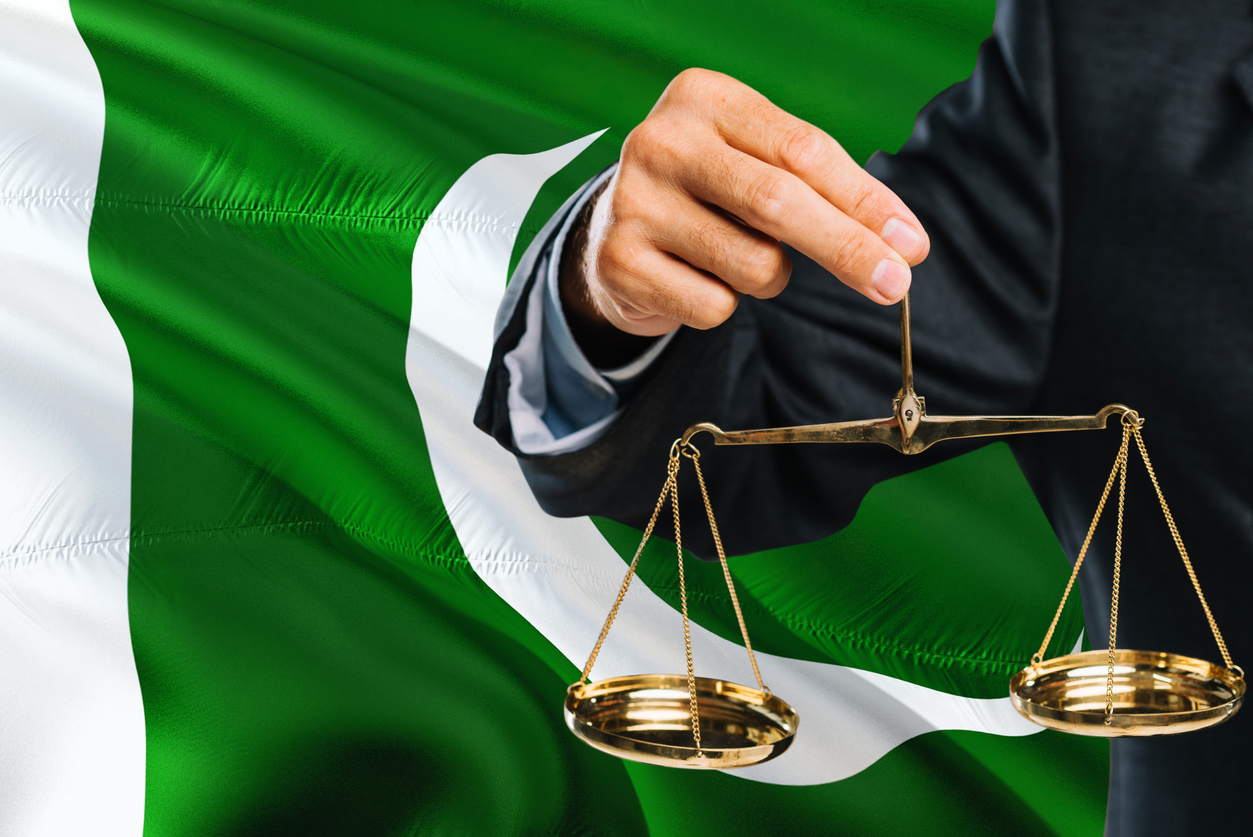
Lawyers in Pakistan March Against a Military Dictator
Time Period: 2007-09Location: PakistanMain Actors: National Action Committee of Lawyers, Pakistan Bar Association, Supreme Court Bar Association of Pakistan, Pakistan Muslim League (Nawaz) party, Ifitkhar Muhammad ChaudhryTactics - Assemblies of...

Polish Judges Resist Attacks on the Rule of Law
Time Period: 2016-2021Location: Poland, especially Warsaw; Brussels, BelgiumMain Actors: Polish Judges Association Iustitia, Association of Judges Themis, Wolne Sądy lawyers group, Polish Constitutional Tribunal, Polish Supreme CourtTactics - Civil disobedience...

Venezuelan Businesses Fight a Rising Dictator
Time Period: November 2001 - April 2002Location: Venezuela, CaracasMain Actors: Venezuelan Federation of Chambers of Commerce and Production/Federación de Cámaras y Asociaciones de Comercio y Producción de Venezuela (Fedecámaras)Tactics -...

Check My Ads Illuminates Authoritarian Advertising
Time Period: 2021-PresentLocation: United States, Online CampaignMain Actors: Check My Ads InstituteTactics Used - Online Boycotts - Social Media Campaigns - Newsletters In 2021, Nandini Jammi and Claire Atkin, two...
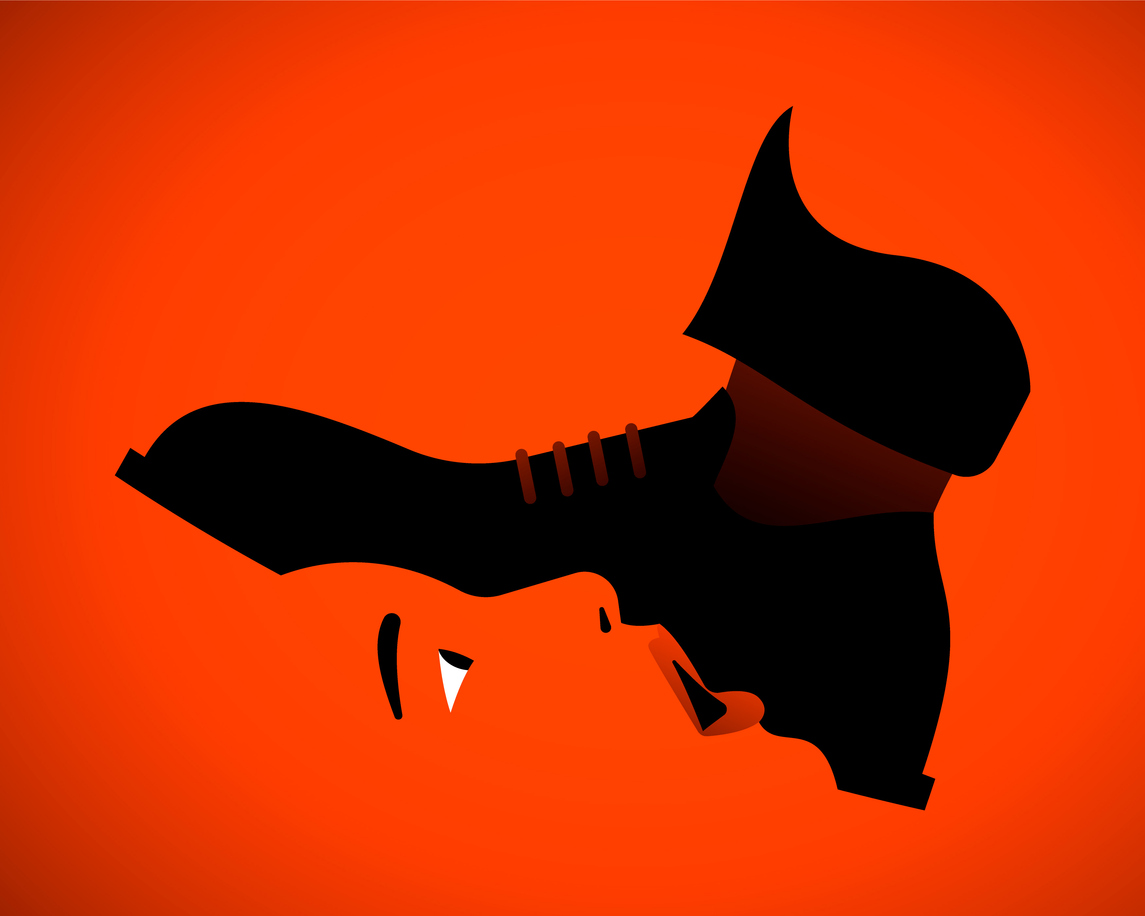
Faith and the Authoritarian Playbook
*This article was written by Chief Organizer Maria J. Stephan and was first published on Sojourners, you can access the full article without a paywall here. How Christians can defend and nurture democracy...
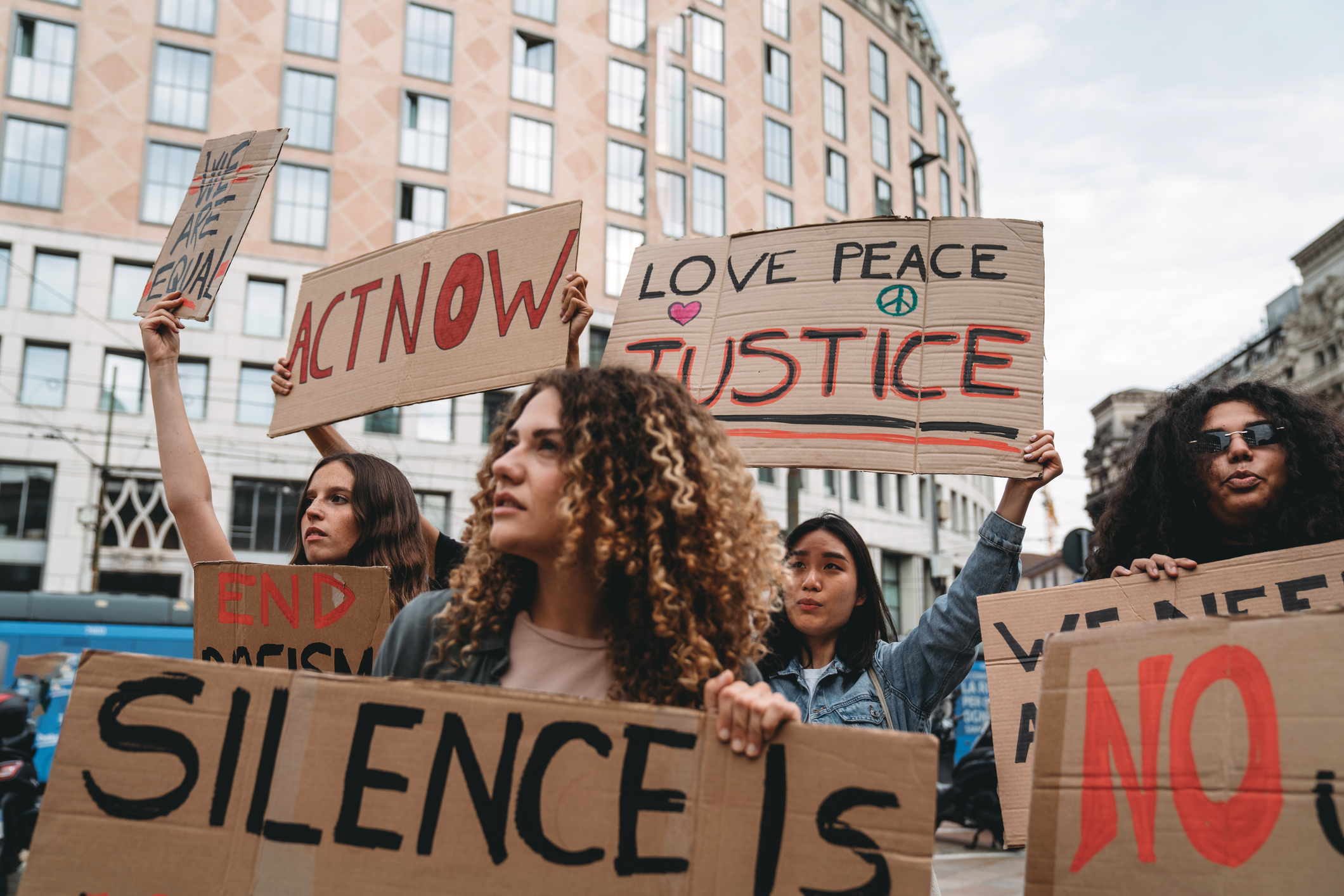
Clowns, Reverse Boycotts, and Involuntary Walkathons: How Communities are Making Political Violence Backfire
*This article was written by Chief Organizer Maria J. Stephan and was first published on Just Security. The new dystopian Hollywood film, Civil War, has raised the specter of devastating violent conflict...
